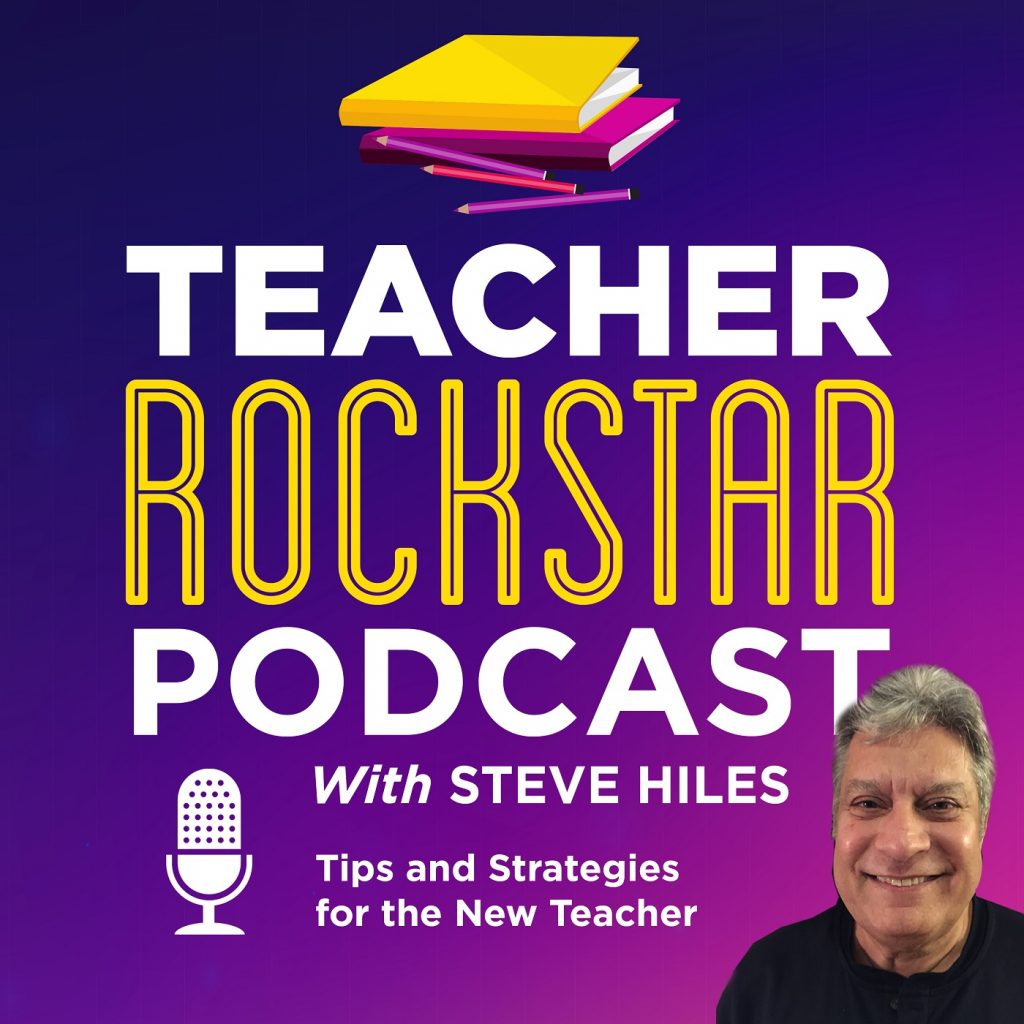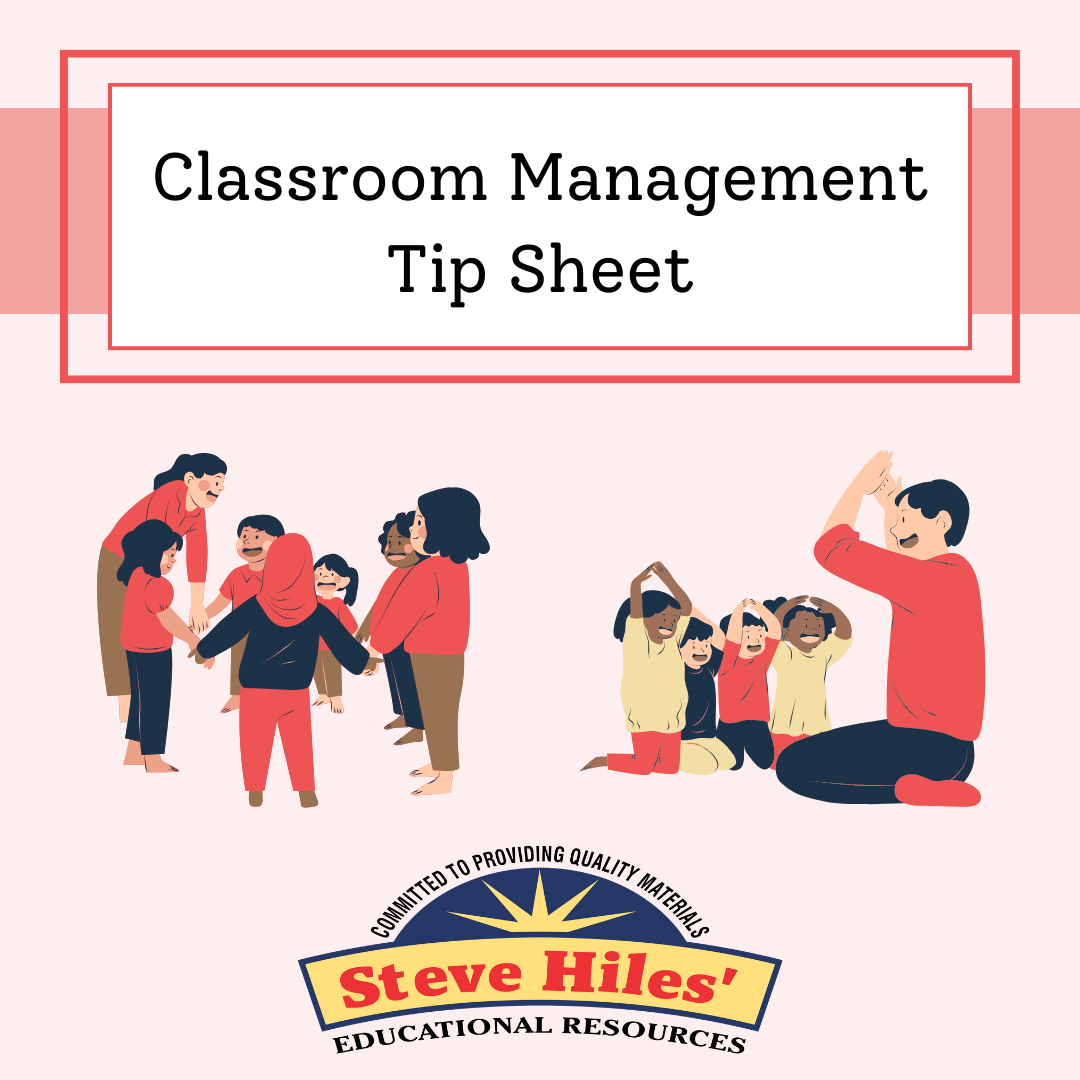I want to dive into a game-changer for new and early-career teachers—AI-powered lesson planning. If you’ve ever spent hours agonizing over the perfect lesson structure or felt overwhelmed by planning, stick around because AI might just be your new best friend.
Let me paint a picture for you. It’s late at night, you’re drowning in lesson plans, and you’re still trying to align everything with standards, differentiate for your students, and make it engaging. Sound familiar? Now, imagine having a tool that could cut your planning time in half, generate engaging activities, and even suggest modifications for different learning styles—all at the click of a button. That’s the power of AI in lesson planning. It’s not about replacing teachers—it’s about making your life easier so you can focus on what matters most: your students.
AI lesson planning isn’t just a trendy buzzword—it’s a real solution to a very real problem. New teachers often struggle with lesson planning because, let’s face it, creating high-quality lessons is time-consuming and mentally exhausting. AI tools can help streamline the process, giving you a strong starting point, helping with differentiation, and even ensuring that your lessons align with standards.
The best part? It frees up your time. Instead of spending hours searching for the perfect activity or writing out objectives from scratch, you can refine and personalize what AI generates, making it your own. That means more time to connect with students, reflect on your teaching, and—yes—actually have a personal life outside of work.

Now, if you’re wondering, “Steve, why should I listen to you about this?”—let me tell you. I’ve taught in public schools for 20 years. I’ve seen the evolution of lesson planning, from painstakingly writing everything out by hand to the introduction of digital templates, and now AI-powered solutions. I’ve worked with new teachers, coached them through their struggles, and I know firsthand that lesson planning is one of the biggest stressors in those first few years. If there’s a tool that can help lighten that load, I believe teachers need to know about it.
So, let’s talk about what AI can actually do for you. AI-powered lesson planning tools like ChatGPT, MagicSchool, and Curipod can generate full lesson plans based on a topic, grade level, and learning objective you provide. Some can even align them to state standards, saving you the guesswork. Need differentiation strategies? AI can suggest modifications for struggling learners, advanced students, and everyone in between.
It’s also great for brainstorming. Stuck on how to make a dry topic engaging? AI can generate creative ideas, discussion questions, or interactive activities. And for those of you who feel like you’re constantly reinventing the wheel, AI can help structure your lessons with best practices in mind, ensuring you’re hitting the key components of effective instruction.
Now, I won’t sugarcoat it—AI isn’t perfect. It still requires a teacher’s expertise to refine and tweak its suggestions. Sometimes, the language it generates might need adjusting, or the activities might not quite fit your students’ needs. But here’s the thing: AI isn’t meant to replace you—it’s meant to support you. Think of it as your brainstorming partner, not your substitute.
There are also ethical concerns to keep in mind, like ensuring that AI-generated materials align with your school’s policies and that you’re not relying too heavily on automation without adding your personal touch. After all, teaching is about relationships, and no AI can replace the heart and soul that a teacher brings to the classroom.
So, what’s the takeaway here? AI lesson planning can be a powerful tool for new teachers looking to save time, stay organized, and create high-quality lessons without burning out. It’s a tool—just like a whiteboard or a lesson planner—but when used effectively, it can be a game-changer.
My challenge to you? Try it out! Experiment with an AI tool this week and see how it can support your planning process. You might just find yourself with more time to focus on what you love about teaching.







